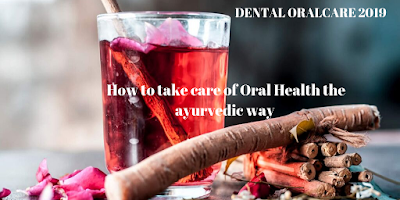Periodontal or gum disease is a pathological
inflammatory condition of the gum and bone support (periodontal tissues)
surrounding the teeth.
The two
most common periodontal diseases are:
Gingivitis
– inflammation of the gum at the necks of the teeth, and
Periodontitis
– inflammation affecting the bone and tissues of the teeth.
Gingivitis
Gingivitis
occurs in both chronic and acute forms. Acute gingivitis is usually associated
with specific infections, micro-organisms, or trauma. Chronic inflammation of
the gum tissue surrounding the teeth is associated with the bacterial biofilm
(plaque) that covers the teeth and gums. Gingivitis was once seen as the first
stage in a chronic degenerative process which resulted in the loss of both gum
and bone tissue surrounding the teeth. It is now recognized that gingivitis can
be reversed by effective personal oral hygiene practices.
Periodontitis
When
periodontal disease affects the bone and supporting tissue, it is termed
periodontitis and is characterized by the formation of pockets or spaces
between the tooth and gums.
This may
progress and cause chronic periodontal destruction leading to loosening or loss
of teeth. Though the majority of adults are affected by gingivitis, gingivitis, fortunately, does not always develop into periodontal disease. Progression of
gum disease is influenced by a number of factors which include oral hygiene and
genetic predisposition.
Factors Affecting Periodontal Disease
The rate
of progression of periodontal disease in an individual is dependent on the
virulence (or strength of attack) of the bacterial plaque and on the efficiency
of the local and systemic immunoinflammatory responses in the person (host).
The overall balance between the bacterial plaque challenge and the body’s immunoinflammatory
responses are critical to periodontal health.
Diet also
impacts on periodontal health, from both the perspective of plaque build-up and
that of the body’s immunoinflammatory responses. Stress has also been linked to
periodontal disease, but it is not clear whether the relationship has a physiological basis or is due simply to the fact that individuals under stress
are less likely to perform regular good oral hygiene.
Because
periodontal disease is linked to an increased susceptibility to systemic
disease (e.g., cardiovascular disease, infective endocarditis, bacterial
pneumonia, low birth weight, diabetes), it is important not only for oral
health but also for general health to control periodontal disease.











